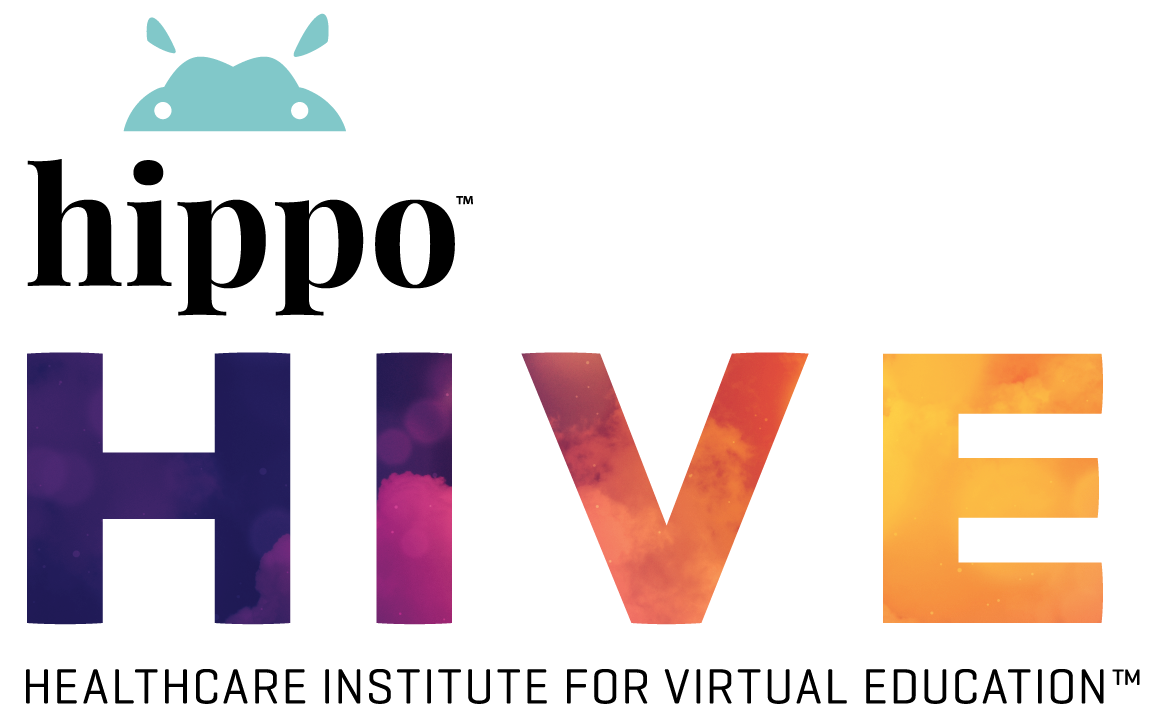A team of doctors from countries around the world is using smart glass technology to reach refugees and remote communities along Jordan’s border with Syria during the coronavirus pandemic.
For years, doctors volunteering with Children of War Foundation (COWF), a Los Angeles-based non-profit seeking to enhance access to medical care for communities affected by war, poverty, natural disaster, climate change and discrimination, have traveled to Jordan and other countries to provide medical care to children living in refugee camps and in remote areas.
An important part of what they do involves triaging patients, or assessing their conditions and helping determine what treatment they might need.
While health care services are available to all registered refugees in Jordan, COWF Founder Amel Najjar said limited resources coupled with growing strain on the public health care system has forced many to go without seeing their health care needs addressed – a situation the coronavirus pandemic has only exacerbated.
According to the United Nations Refugee Agency, UNHCR, access to affordable health care for refugees in Jordan remains a struggle, with half of the refugees in the country considered medically vulnerable.
hile COWF is one organization that has long sought to help fill the gaps, in the wake the pandemic, the non-profit was forced to bring its trips to a halt, with the dozens of children who typically receive medical assistance through the initiative unable to access the resource.
“A lot of these kids had been waitlisted because they had time-sensitive cases,” COWF founder Amel Najjar said. And as the pandemic wore on for months, she said: “What we saw was…some of them were passing.”
Determined to find a solution, Najjar teamed up with Brian Hamilton, the President and Co-Founder of Hippo Technologies, a tech company aiming to bridge the gap between physical care and virtual care, who proposed that COWF put the company’s “smart glass” technology to the test.
On November 28, 11 surgeons from across three different continents were able to trial the program, providing “real-time virtual consulting to Syrian refugees,” Najjar said. “We did the first live remote triage on the Syrian border, where our team used smart glasses and a hotspot connection to connect.”
Dr. Paul Kokorowski, an assistant professor of Urology working in the Division of Pediatric Urology at Children’s Hospital Los Angeles, was one of the doctors to participate in the trial.
He said he was astounded by how much could be accomplished using the technology, with volunteers on the ground covering nearly 70 miles visiting patients while allowing doctors to assess them with the smart glasses serving as their eyes and ears.
“Instead of flying all the way to Jordan and then hunkering down and rapidly charging through 70 people over the course of one day, which is, you know, three or four times as many patients as I would be able to see normally here in my practice,” Dr. Kokorowski said the smart glasses allow doctors to work at a slower pace and to “spend a little more time asking questions of the families” they meet with.
“It’s a really nice way of breaking up the triage process,” the doctor said.
While he was impressed with how easy it was to complete the triage process using the smart glasses, however, he acknowledged the physical barriers of providing long-distance care with the smart glasses and said ultimately, once the triage process is over, the children he has assessed will need to be provided with care on-the-ground.
Providing long-distance medical training, however, is something that COWF and Hippo Technologies believe could be facilitated through smart glass technology, however.
“The triage is just one small aspect of what we’re trying to do with this,” Najjar said.
In the midst of the coronavirus pandemic, Hippo Technologies President and Founder Brian Hamilton said medical professionals around the world have been forced to adapt, with many looking to technology to fill the gaps, including relying more heavily on video consultations than ever before.
Incorporating technology more into health care and medical training, he said, could be the way forward.
“Health care was ripe for disruption because there was a lot of waste in it,” Hamilton said. “Maybe we can save a ton of money in health care and get rid of a lot of waste and be able to drop knowledge anywhere in the world.”
Najjar agreed, saying: “The opportunity is endless, especially now that this electronic divide is lessening.”
